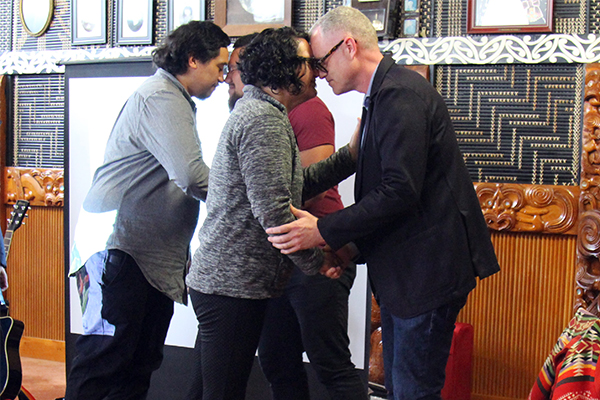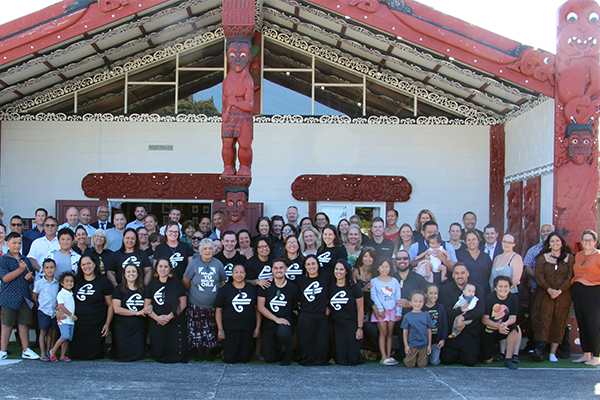Finalist

To better represent the population of Aotearoa and its customers, Air New Zealand has created a talent pipeline for Māori and Pasifika staff via a development programme designed to build leadership capability through cultural confidence.
Air New Zealand is a global network of passenger and cargo airline services that centres on people. It’s driving purpose is to 'Enrich our country by connecting New Zealanders to each other and New Zealand to the world'. Before COVID-19, the airline flew more than 17 million passengers every year, with 3,400 flights per week.
In 2018, Māori and Pasifika made up 25 per cent of New Zealand’s population. At Air New Zealand, 17 per cent of employees were Māori or Pasifika, but only 13 per cent were in leadership roles. The airline set a target to increase this to 20 per cent by 2025, says Chief People Officer Nikki Dines.
Focus groups conducted with their Māori and Pasifika staff indicated employees did not always thrive as they did not feel they could bring their whole selves to work.
“It is important our leadership is representative of the population of Air New Zealand, our customers and Aotearoa. Our leaders are role models for our people and future generations,” she says.
Air New Zealand looked to create a talent pipeline for Māori and Pasifika staff already in the business, working with Indigenous Growth Limited to develop the Mangōpare programme - a personal and professional development programme, spread across six months, designed to build leadership capability through confidence of cultural self.
It supports individuals to embrace their unique culture, giving them the tools and coaching to help them progress into leadership, and ultimately create an environment where indigenous people can thrive.
There have been challenges along the way, with Covid-19 throwing up a major obstacle. “A third of our workforce was made redundant and we pivoted into ‘survive’ mode. All development programmes were put on hold, Mangōpare included. Unfortunately, this has meant a slowing in progress towards our goal of increasing Māori and Pasifika into leadership roles,” says Nikki.
As the organisation moved into a ‘revive’ phase, Mangōpare was the first leadership programme to be reinstated, highlighting its value and importance.

Mangōpare graduate Teuila Fraser reflects on the impacts COVID-19 had on her personal and professional life.
“Since Mangōpare my life has been transforming in ways I never imagined. I am taking care of Ko Au (me) by doing this I have reconnected and regained my sense of purpose after Covid. I feel revigorated and excited to see our airline thrive. I decided to take on the challenge as a newly appointed Agile Coach in the business transformation space,” she says.
Senior Cabin Crew Manager Sarah Murray says Mangōpare exposed graduates to opportunities that might not have existed otherwise, opportunities to upskill, receive cross departmental mentorship, visibility to senior leaders and provided a structure to bring cultural self and values to work every day.
“Mangōpare provided my direct report with a whole new outlook on how they approached themselves and their career. She had the confidence to push herself harder and question her purpose. Since Mangōpare, my direct report has been promoted.
“It gave her the confidence to interact with senior managers and enabled her to share her experiences with others and this brought a fresh way of thinking to our broader team. As a manager, attending the Mangōpare graduation was one of the most moving experiences of my life,” she says.





